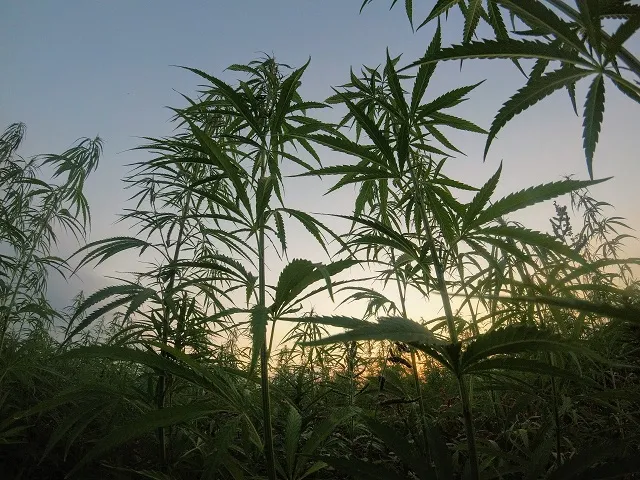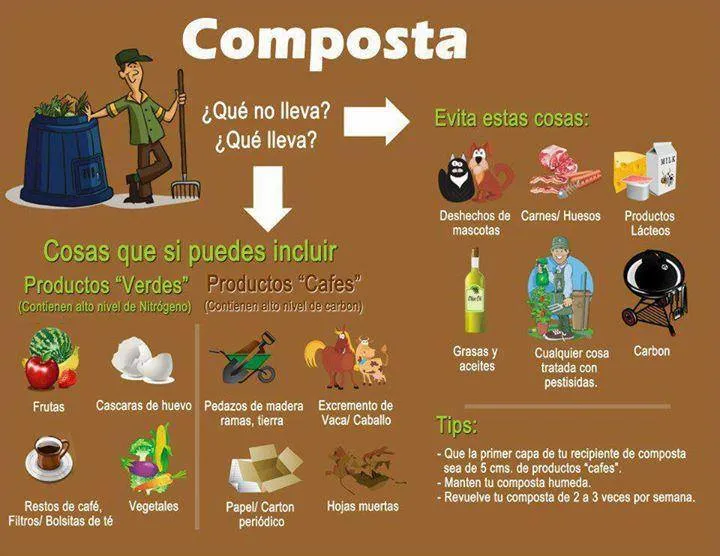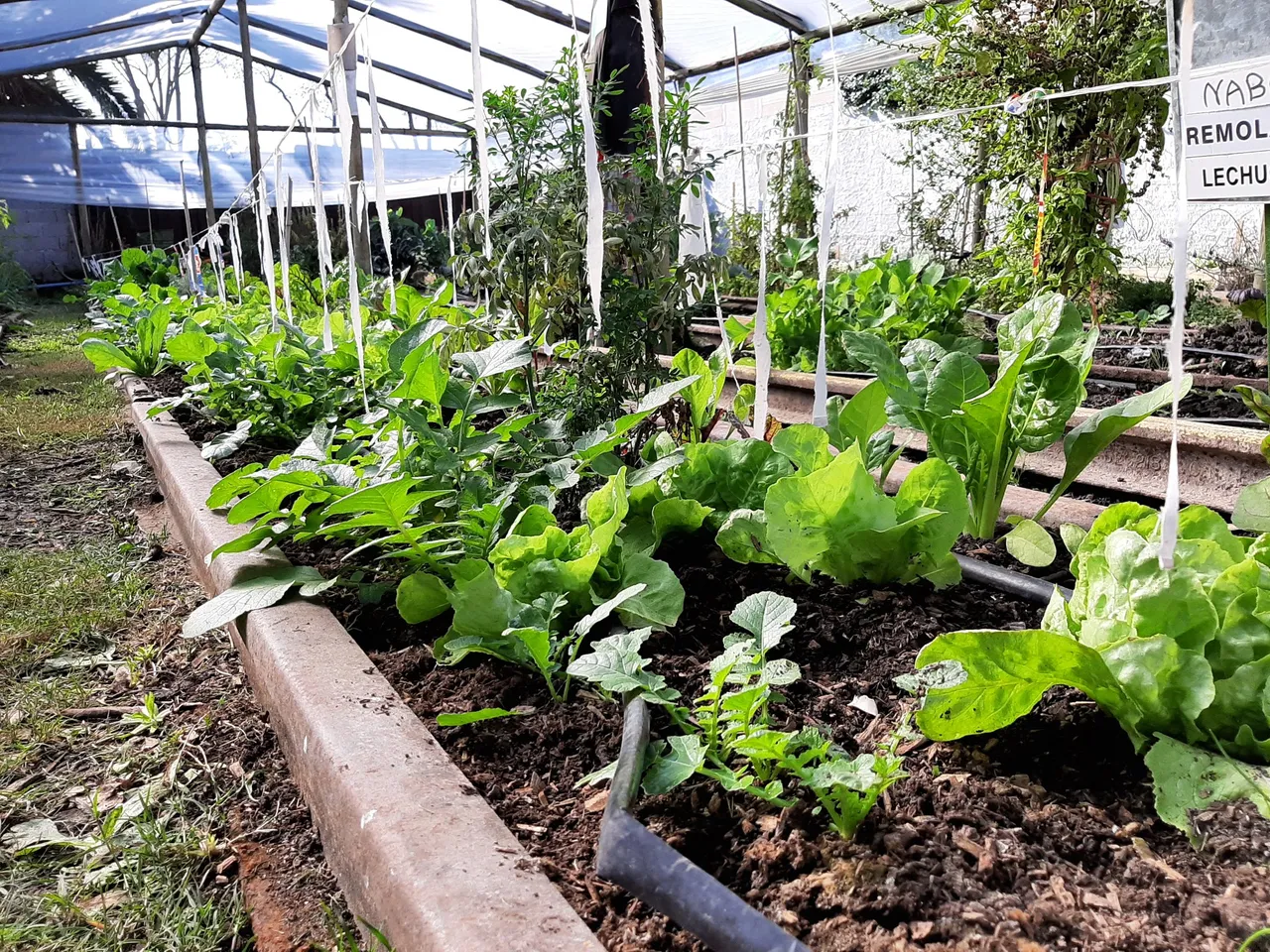
Aprendiendo con los Orientales
Desde que llegue a Uruguay, tuve la oportunidad de aprender mucho sobre el Cannabis, su uso, legislación, características, propiedades medicinales y ambientales, literalmente tuve una reconexión con la tierra.
Palabras como #livingsoil #notill #sustratos #regeneracion #simbiosis hace dos años no pasaban por mi mente y hoy son parte de mi objetivo de vida. El suelo y la tierra las veo como un organismo vivo con la cual debo de convivir de manera armónica y respetuosa porque es la base de la vida humana en nuestro Planeta (por lo menos hasta que nuestra especie aprenda a vivir permanentemente en el Océano)
Entre esas oportunidades destaco:
- Expocannabis en el 2020,
- Conferencia internacional de Medicina Cannábica,
- Conferencia entre productores de Cáñamo Medicinal y Gobierno de Canelones,
- Promoción de Huertas Comunitarias en Montevideo,
- Y sobre todo a un@s maestr@s (amistades con mucha sabiduría) que me brindaron sus conocimientos sobre el mundo Cannábico.

Ha sido una experiencia tras otra, parte de una escuela de formación en la cual me he topado con altos burocratas uruguayos, emprendedores, personas influyentes en el movimiento y mucha buena vibra comunitaria.
Capitulo I: El Compostaje
Estuve tratando de impulsar un Colectivo de jóvenes llamado @benditodesecho que se encarga de aprender y enseñar diversas técnicas de compostaje para regenerar el suelo, asistiendo a Huertas Comunitarias ya constituidas y difundiendo el #livingsoil en diversas zonas de la capital Uruguaya. La utilización de sustratos orgánicos, la no labranza de la tierra, el entendimiento de la simbiosis entre las micorrizas, rizobacterias y las raíces de las plantas para el fortalecimiento del sistema inmune de la misma, etc.
El compostaje es el proceso básico que toda aquella persona que quiera plantar (cualquier planta) debe de saber para tener plantas grandes, fuertes y con el proceso orgánico que tratamos de promover, minimizar las compras de cualquier tipo de productos y promover la autofabricación de bioinsumos que nuestras plantas requieren.
Es propicio comenzarlo a principios de Invierno para que luego pasado los 3 meses de esta estación podamos tener nuestra tierra con suficientes nutrientes que es base fundamental para el crecimiento y desarrollo de nuestras plantas. La inversión para tu compost es 0, si como haz leído literalmente "CERO", solo tienes que clasificar tus residuos orgánicos separando las cascaras de frutas, verduras y huevos (se recomienda clasificar a parte los cítricos, cascara de cebolla y ajo con los que se hacen otros biopreparados), haciendo una lasaña con hojas secas y conservando en un recipiente en donde vas a ir acumulando tu compost. Hay miles de tutoriales en la web para hacer compostaje, lo principal es que tengas y aprendas hacer tu propio "COMPOST" cada año.

Movimiento por la Despenalización total
(Sobre la Organización)
Después de estos dos años de Horticultura Regenerativa autodidacta me decidí que este es uno de los Objetivos Tácticos que puedo aportar al Movimiento por la despenalización total de la Planta, impulsar desde las familias y comunidades el autocultivo de plantas medicinales comenzando por la de Cánnabis Sativa silvestre con cantidades de TCH mayor al 1% iniciando el proceso el 21 de Septiembre (Comienzo de la Primavera).
Debido a la legislación Uruguaya, es importante que cada familia se registre como Autocultivador en un sistema manejado por el Instituto de Regulación y Control del Cannabis (IRCA) y puede producir seis plantas de forma legal (Por ahora)
Ahora bien, aquí es donde juega un papel importante la organización comunitaria, si cada familia esta produciendo el equivalente a seis plantas controladas por el IRCA y se organizan, esas familias organizadas pueden acceder a un Plan de Semillas certificadas con un grado de THC menor al 1% y registrarse ante el Ministerio de Agricultura y Pesca, donde no rige el carácter psicoactivo y comenzamos a producir Cáñamo medicinal a nivel comunitario bajo el amparo de la ley.
Las Huertas comunitarias vienen a cumplir un rol fundamental para la concientización en el uso y promoción de plantas medicinales en las comunidades. Hace poco en la Region de Tierra del Fuego de Argentina, escuche a unos compas hablando sobre las bases legales que se están redactando para impulsar la producción y uso comunitario del cannabis, pues si la burocracia ya nos mostro su mano es hora de seguir presionando a los legisladores para que quiten el velo que han impuesto los intereses agroindustriales los últimos 70 años engañando y vilipendiando a las plantas naturales en todo el Hemisferio Occidental.

En el Próximo Capitulo estaremos hablando sobre la Geopolítica Estratégica de la producción de Cañamo Medicinal para Uruguay, la germinación y Producción de Plantines, el Impulso de un próximo intercambio de semillas, plantines e incentivando a los jóvenes (un auge de interés con gran potencial) a acercarse a las Huertas Comunitarias de sus localidades.
Buenas vibras y Buenos Humos Gente.

Learning with the Orientals
Since I arrived in Uruguay, I had the opportunity to learn a lot about Cannabis, its use, legislation, characteristics, medicinal and environmental properties, I literally had a reconnection with the earth.
Words like #livingsoil #notill # substrates #regeneration #symbiosis two years ago did not cross my mind and today they are part of my life goal. I see the soil and the earth as a living organism with which I must live harmoniously and respectfully because it is the basis of human life on our Planet (at least until our species learns to live permanently in the Ocean)
Among those opportunities I highlight:
- Expocannabis in 2020,
- International Conference on Cannabis Medicine,
- Conference between producers of Medicinal Hemp and the Government of Canelones,
- Promotion of Community Gardens in Montevideo,
- And especially to some teachers (friends with a lot of wisdom) who gave me their knowledge about the cannabis world.

It has been one experience after another, part of a training school in which I have come across top Uruguayan bureaucrats, entrepreneurs, influential people in the movement and a lot of good community vibes.
Chapter I: Composting
I was trying to promote a Youth Collective called @benditodesecho that is in charge of learning and teaching various composting techniques to regenerate the soil, attending Community Gardens already established and spreading #livingsoil in various areas of the Uruguayan capital. The use of organic substrates, the non-tillage of the land, the understanding of the symbiosis between mycorrhizae, rhizobacteria and plant roots to strengthen the immune system of the same, etc.
Composting is the basic process that everyone who wants to plant (any plant) must know to have large, strong plants and with the organic process that we try to promote, minimize purchases of any type of products and promote the self-manufacture of bio-inputs. that our plants require.
It is appropriate to start it at the beginning of Winter so that after 3 months of this season we can have our land with enough nutrients that is a fundamental basis for the growth and development of our plants. The investment for your compost is 0, if as you have read literally "ZERO", you only have to classify your organic waste separating the fruit, vegetable and egg peels (it is recommended to separate citrus fruit, onion peel and garlic with which other biopreparations are made), making a lasagna with dried leaves and keeping it in a container where you will accumulate your compost. There are thousands of tutorials on the web to compost, the main thing is that you have and learn to make your own "COMPOST" every year.

Movement for total Decriminalization.
(About the Organization)
After these two years of self-taught Regenerative Horticulture, I decided that this is one of the Tactical Objectives that I can contribute to the Movement for the total decriminalization of the Plant, to promote the self-cultivation of medicinal plants from families and communities, starting with that of wild Cannabis Sativa with amounts of TCH greater than 1%, starting the process of which we must consolidate on September 21 (Beginning of spring).
Due to Uruguayan legislation, it is important that each family register as a Self-cultivator in a system managed by the Institute for the Regulation and Control of Cannabis (IRCA) and can legally produce six plants (For now)
Now, this is where community organization plays an important role, if each family is producing the equivalent of six plants controlled by IRCA and they organize themselves, those organized families can access a Certified Seed Plan with a THC level lower than 1% and register with the Ministry of Agriculture and Fisheries, where the psychoactive nature does not govern and we begin to produce medicinal hemp at the community level under the protection of the law.
The community gardens play a fundamental role in raising awareness in the use and promotion of medicinal plants in the communities. Recently in the Tierra del Fuego Region of Argentina, I heard some compas talking about the legal bases that are being drafted to promote the production and community use of cannabis, because if the bureaucracy has already shown us its hand, it is time to continue pressing legislators to remove the veil that agribusiness interests have imposed over the past 70 years deceiving and vilifying natural plants throughout the Western Hemisphere.

In the Next Chapter we will be talking about the Strategic Geopolitics of Medicinal Hemp production for Uruguay, the germination and Production of Seedlings, the Promotion of an upcoming exchange of seeds, seedlings and encouraging young people (a boom of interest with great potential) to approach the Community Gardens of their localities.
Good vibes and good smoke People.

